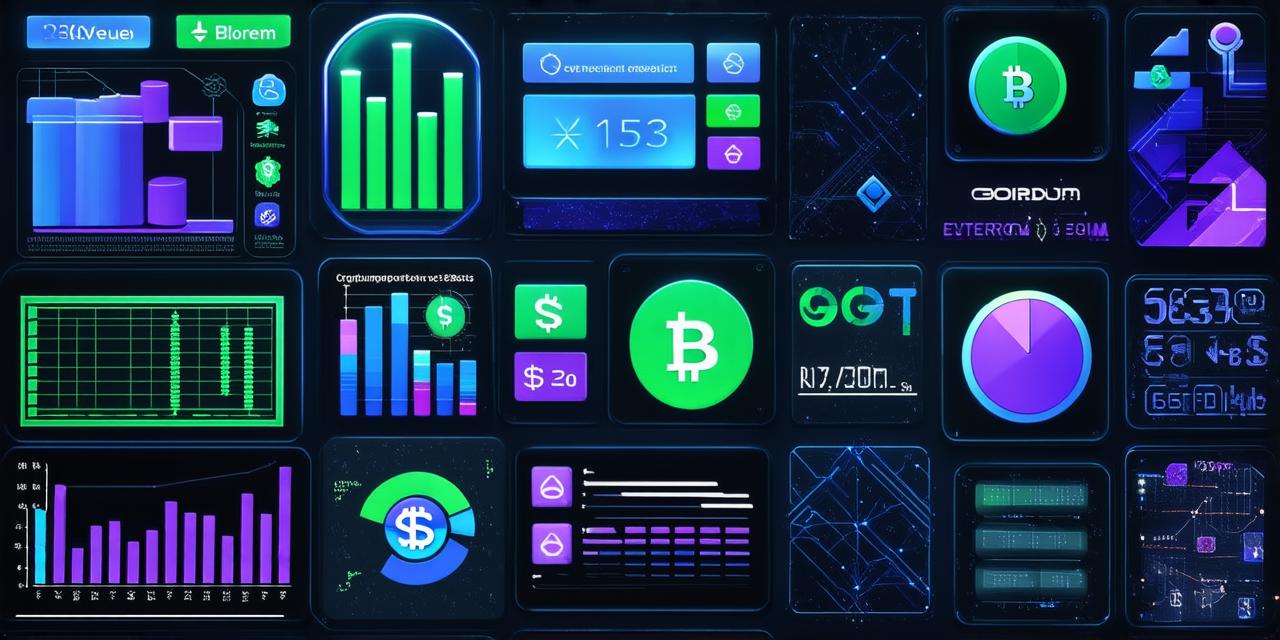What is gas price in blockchain
Understanding Gas Price
Gas price is the fee paid by users for executing a transaction on the blockchain network. It is denoted as Gwei (GW) and is measured in Ether (ETH), the native cryptocurrency of Ethereum, the most popular blockchain platform. Gas price determines the priority of transactions in the blockchain queue and the speed at which they are processed.
The gas price is set by users when they initiate a transaction on the blockchain network. The higher the gas price, the faster the transaction will be processed, and the more likely it is to be included in the next block of the chain. On the other hand, if the gas price is too low, the transaction may take longer to process or may not be included at all.

How Gas Price Works
The gas price works on a bidding system. When a user initiates a transaction on the blockchain network, they set the gas price, which is then added to the total cost of the transaction. This total cost includes the gas price and any other fees that may apply, such as miner’s fee or transaction fee.
The transaction then goes into the blockchain queue, where it is assigned a priority based on its gas price. The higher the gas price, the more likely the transaction will be processed first. The gas price also determines the amount of Ether that the user must pay to the miner for executing the transaction.
The Importance of Gas Price in Blockchain
Gas price is an essential component of the blockchain ecosystem as it helps to ensure that transactions are processed efficiently and securely. The gas price also helps to incentivize miners to validate transactions on the network, which is crucial for maintaining the integrity of the blockchain.
The gas price also affects the cost of using blockchain technology for businesses and individuals. A high gas price can make it expensive to execute transactions on the network, which may deter some users from using blockchain. On the other hand, a low gas price can result in slow transaction times and increased congestion on the network, which can also be detrimental to the user experience.
Case Studies: Gas Price in Action
One of the most well-known cases involving gas price in blockchain is the 2017 DAO hack. The DAO was a decentralized autonomous organization that raised over $150 million in Ether through an initial coin offering (ICO). However, a vulnerability in the code allowed an attacker to steal a significant portion of the funds.
One of the reasons for the success of the attack was the low gas price at which the transaction was executed. The attacker was able to execute the transaction quickly and with minimal cost, allowing them to bypass security measures and steal the funds.
Another example is the 2019 Ethereum network congestion that occurred during the launch of the ERC-721 token standard. The high demand for the new standard resulted in a surge in gas price, which caused delays and increased congestion on the network. This led to transaction fees that were as high as $10 per transaction, making it difficult for users to execute transactions on the network.
The Role of Gas Price in Blockchain Development
Gas price plays a crucial role in blockchain development as it affects the user experience and the cost of using the technology. Developers must consider the gas price when designing smart contracts and decentralized applications (dApps) to ensure that they are efficient, secure, and cost-effective.
Developers must also be mindful of the gas price when deploying dApps on the network. A high gas price can make it difficult for users to access the dApp, while a low gas price may result in slow transaction times and increased congestion on the network.
The Impact of Gas Price on Blockchain Adoption
Gas price has the potential to impact the adoption of blockchain technology. If gas prices are too high, it can make it expensive for businesses and individuals to use blockchain, which may deter them from adopting the technology. On the other hand, if gas prices are too low, it may result in slow transaction times, increased congestion, and a poor user experience, which can also impact adoption rates.
Expert Opinions on Gas Price
According to Andreas Antonopolos, a well-known blockchain expert and author of "Mastering Bitcoin," gas price is an essential component of the blockchain ecosystem. He says, "Gas price determines how quickly transactions are processed and how much Ether miners are paid for executing those transactions.



